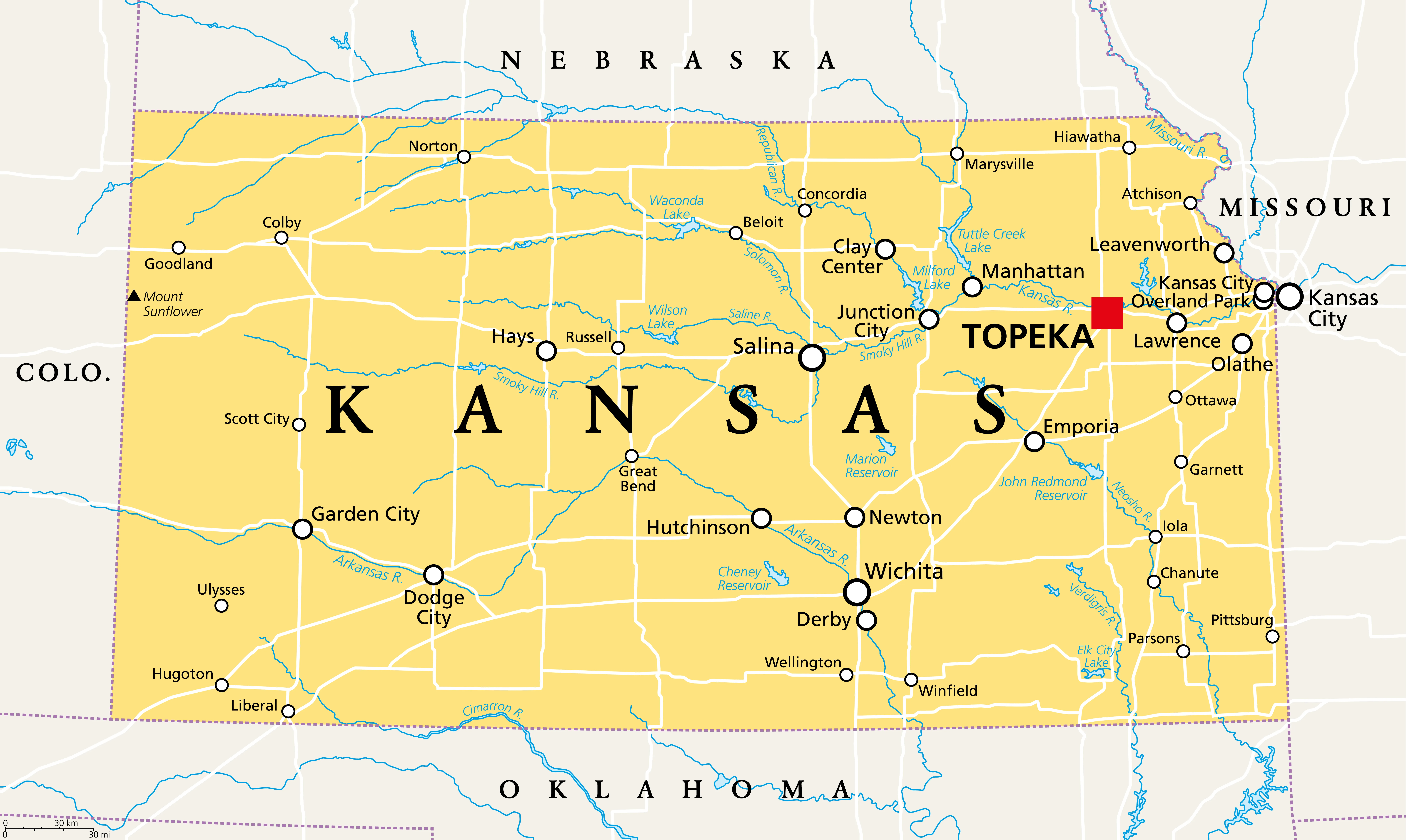
Abortion-rights victories cement 2024 playbook while opponents scramble for new strategy
(Colordo Newsline) Anti-abortion leaders woke up Wednesday to the sobering reality that abortion rights remain the nation’s predominant political issue. Decisive wins in swing and red states in two national election cycles since Roe v. Wade was overturned last year have given momentum to reproductive rights groups, who aggressively campaigned and fundraised in key states across the country, and intend to triple down for 2024.
Meanwhile, the anti-abortion movement is scrambling for an effective 2024 strategy after crushing losses. Longtime anti-abortion activist the Rev. Pat Mahoney said in large part Republicans have been ineffective communicators on the issue and were wildly outspent.
“I think for the pro-life movement, we have to now truly recognize, when it comes to abortion bans, this is something that Americans do not want right now,” Mahoney told States Newsroom as he hustled to catch a connecting flight from Ohio — whose voters enshrined the right to abortion — home to Virginia, where Democratic candidates overtook the legislature after campaigns focused on abortion rights.
Mahoney is currently chief strategy officer for Stanton Public Policy Center, the political arm of Stanton Healthcare, a network of anti-abortion clinics headquartered in Idaho that offer limited reproductive health services. He said the anti-abortion movement needs to better coordinate a national messaging and fundraising strategy to be able to compete with the reproductive rights movement.
“Right now the pro-choice movement is more committed to funding in elections the protection and promotion of abortion than the pro-life movement is committed to ending abortion violence and making abortion unthinkable,” Mahoney said. “I live in Virginia. The state is doing well, the economy’s doing well, by all accounts. [Glenn] Youngkin is a relatively popular governor. Every ad I saw on television for every Democrat — I mean, a barrage of them — was how MAGA Republicans or pro-life anti-choice activists want to take women’s rights away. They were all about abortion.”
He said he’s expecting Republican candidates to continue “fumbling” the issue on the presidential debate stage in Miami tonight.
“Hardly any Republican has handled this well,” he said. “They’ve been all over the map.
Marjorie Dannenfelser, president of Susan B. Anthony Pro-Life America, also urged the GOP — many of whose candidates tried to ignore the abortion issue or soften their stances — to “wake up.”
“The true lesson from last night’s loss is that Democrats are going to make abortion front and center throughout 2024 campaigns,” Dannenfelser said in a statement. “The GOP consultant class needs to wake up. Candidates must put money and messaging toward countering the Democrats’ attacks or they will lose every time.”
But anti-abortion leaders say they will not give up their mission and will continue pushing controversial policies like granting “personhood” to embryos.
“Voters overwhelmingly cast their ballot to enshrine abortion into the state constitution. This is a bitter pill, and there’s no sugarcoating it,” Americans United for Life interim president Kevin Tordoff said in an email to supporters. “You and I know that constitutional justice, always and everywhere, means equal protection for all. We will continue, as we have since our founding in 1971, to strive for the day when all are welcomed throughout life and protected in law. Let us continue to stand together in this mission.”
Anti-abortion movement leader Terrisa Bukovinac, meanwhile, is calling for the anti-abortion movement to get more radical. She comes from the direct-action wing of the movement that believes voters need to see graphic images of aborted fetuses in order to be moved on the issue. The self-described atheist and leftist used to work in animal rights activism in San Francisco before moving to Washington, D.C., to found Progressive Anti-Abortion Uprising, one of the few anti-abortion groups that supports LGBTQ rights. Bukovinac is running for president as a Democrat with a targeted goal of airing campaign ads in key markets that show graphic images of fetuses she and another activist obtained outside of an abortion clinic in 2022.
“The reason that we oppose [abortion-rights amendments] is because they are widening the scope of abortion into the third trimester for elective reasons,” Bukovinac told States Newsroom. “And if we’re not showing the victims, like non stop, of abortion in these later trimesters, then we’re not really communicating with people why we oppose these measures and why they should also.”
Bukovinac told States Newsroom she is working to air her first ad in New Hampshire by the beginning of next year, but fundraising for her tiny campaign has been slow-going. She said stations typically charge more for campaign ads that feature controversial content.
Following Tuesday’s losses, Bukovinac said Maryland Right to Life reached out to her to conference on strategies ahead of the state’s upcoming abortion referendum.
“I think that they have to show the victims of abortion in an aggressive way,” Bukovinac said, of anti-abortion groups. “They need to say that abortion is murder. They need to be doing direct actions. I think those are the three most important things that we’re going to be doing in the next however many years it takes to reach left on this issue.”
‘Abortion matters to voters’
Tuesday’s results were equally instructive for abortion-rights organizers in showing how effective abortion rights is as a voting issue. Ohio organizers in particular faced many obstacles, led by state Republican leaders, in trying to even get their initiative on the ballot. Despite what activists said was misleading text on the ballot, the measure carried 57%, including 18% of Republican voters.
“Looking at the results in Ohio, Virginia, Kentucky and Pennsylvania, it is pretty clear that abortion matters to voters because it matters to people in their everyday lives,” said Angela Vasquez-Giroux, vice president of communications and research of Reproductive Freedom for All, an abortion rights lobbying group formerly called NARAL Pro-Choice America. “And I think when you look down the road to 2024, and you see places like Florida, that gives you a sense of what’s possible. Even where you have hostile legislatures and gerrymandering and all of the structural inequalities stacked against you, you can still make big change when you get the power back to voters.”
Since the U.S. Supreme Court overturned Roe v. Wade in June 2022, 21 states have eliminated or restricted access because of abortion bans. And as States Newsroom has reported, even with health exceptions and especially without them, women have been denied medical care during pregnancy-related emergencies.
“[Voters] understand that life is not these one-size-fits all bans,” Vasquez-Giroux said. “They don’t account for how complex pregnancy and life are. People understand that you can’t legislate a belief system onto a medical procedure and expect that nothing bad is going to happen.”
Abortion rights are protected in Colorado statute.
A sample of reproductive rights wins from Tuesday night:
Kentucky: Democratic Gov. Andy Beshear won re-election; challenger Republican Attorney General Daniel Cameron had also made abortion a huge focus of his campaign and gave voters varying answers on whether he would support exceptions to Kentucky’s near-total abortion ban in cases of incest and rape.
New Jersey: With every legislative seat up for grabs Tuesday, Democrats retained control of both houses, after Republicans had dismissed their strategy to focus on reproductive rights over issues like state spending and crime rates.
Ohio: A win for Issue 1 means the state’s constitution will now guarantee the right to abortion through viability (and beyond for medical emergencies), as well as the right to birth control, childbirth, fertility treatment and miscarriage management. The win means a blocked six-week abortion ban currently under review by the courts will likely be struck down. And it marks the seventh state to affirm reproductive rights on the ballot since Roe v. Wade was overturned.
Pennsylvania: Democrat Daniel McCaffery won his seat on the liberal-leaning Pennsylvania Supreme Court, and marked the second time that Reproductive Freedom for All endorsed in a judicial race.
Virginia: Democrats winning both state houses means Republican Gov. Glenn Youngkin is unlikely to push through the abortion ban he championed this election cycle. For now the state remains one of the few abortion access points in the South.
Vasquez-Giroux said Reproductive Freedom for All will continue to support local reproductive-rights groups with their ballot measures and state and local elections, and will help to coordinate strategy at the national level.
“No matter how you apply abortion as an issue, in elections, it’s successful because people understand exactly what’s at stake – your ability to live in a place where it’s safe to become pregnant. It’s a pretty big deal,” Vasquez-Giroux said. “Folks understand that it means that you have to protect it at every opportunity. … I think we can expect to see repeats of last night and 2022 in 2024.”
Colorado Newsline is part of States Newsroom, a network of news bureaus supported by grants and a coalition of donors as a 501c(3) public charity. Colorado Newsline maintains editorial independence. Contact Editor Quentin Young for questions: info@coloradonewsline.com. Follow Colorado Newsline on Facebook and Twitter.
















